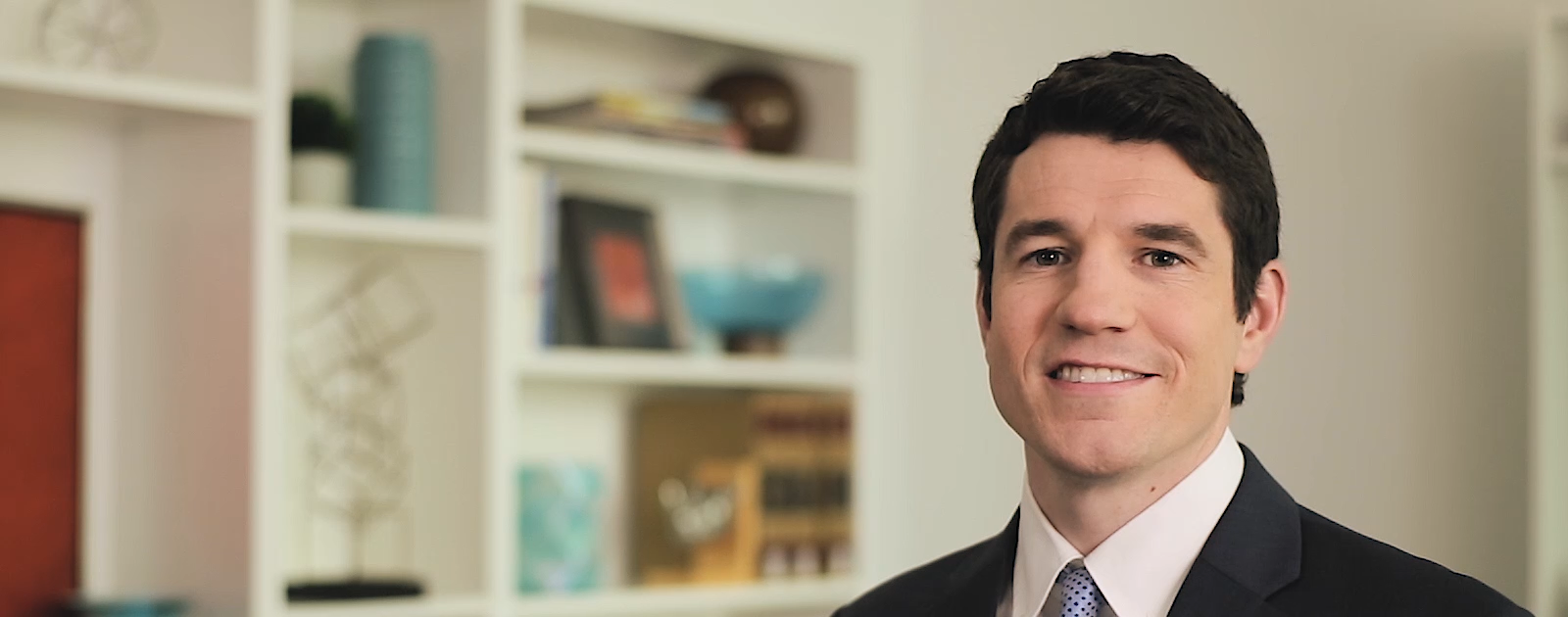 Earlier this week, we noted that COVID-19 might be the pin that bursts a corporate debt bubble.[1] Unfortunately, corporate debt is not the only type of debt poised to explode, particularly under mounting pressure from COVID-19 and the economic downturn that is likely to follow in its wake. Though we have no desire to be prophets of doom, here are three other candidates for asset-based debt debacles in the near term, each of them likely to spur a lot of litigation activity:
Earlier this week, we noted that COVID-19 might be the pin that bursts a corporate debt bubble.[1] Unfortunately, corporate debt is not the only type of debt poised to explode, particularly under mounting pressure from COVID-19 and the economic downturn that is likely to follow in its wake. Though we have no desire to be prophets of doom, here are three other candidates for asset-based debt debacles in the near term, each of them likely to spur a lot of litigation activity:
Student loan asset-backed securities. Last spring, we posted about the risk of student loan asset-backed securities, a/k/a “SLABS.”[2] Even then, the outlook for SLABS was looking dimmer, as student debt had the highest volume of 90-plus day delinquencies among all household debt.[3] Now, with businesses shutting down and unemployment spiking amid the spread of the novel coronavirus, it seems all but certain that many more borrowers will be unable to make their scheduled student loan payments.
In light of that fact, President Trump announced on March 13 plans to “waive[] interest on all student loans held by federal government agencies . . . until further notice.”[4] It is as yet unclear how the administration will fulfill that promise.[5] Moreover, the President’s statement did not cover private student loans, which amount to over $100 billion.[6]
Investors in SLABS are likely far more interested in seeing the government assist borrowers in making the payments that are due as opposed to reducing the amounts owed via an interest waiver. As of this writing, the Senate has proposed the “Coronavirus Aid, Relief and Economic Security Act,” which (among other things) would provide up to $1200 to individuals and $2400 to couples beneath a certain income threshold.[7] It remains to be seen how the proposal–which would include aid to corporations as well–will fare in the House of Representatives.
With enough government help, and with a quick economic recovery from the current recession, perhaps SLABS will prove largely immune from the current economic wildfire. But it is clearly the case that the income streams on which SLABS depend are at serious risk, and investors are likely to incur losses that they will not take lightly.
Auto loan asset-backed securities. The “ABS” (auto asset-backed security) market is sizable–and looking vulnerable. ABS are built upon the same basic structure as other types of asset-backed securitizations: a borrower takes out a loan on an asset (in this instance, a car); large volumes of such loans are bundled into pools and then securitized on Wall Street; and investors then buy a stake in the securities, expecting that the borrowers will generate a continuous income stream by paying their loans.[8] But the same risk present in mortgage and student loan-backed securitizations is also a factor in ABS: if enough borrowers stop making payments, the entire structure starts to wobble and possibly collapse.
This week, Moody’s announced that performance of ABS had weakened across several countries (including China, India, and Australia) last quarter, and that was, of course, before the full impact of COVID-19 had begun to be felt.[9] The forecasts will surely worsen in light of the increasingly grave COVID-19 situation, as borrowers lose jobs and struggle to pay bills.
The finance arms of some automakers are already taking action to alleviate the pressure on borrowers, including payment extensions.[10] Further, the stimulus plans mentioned above might help ABS as much as SLABS, depending on how Americans decide to spend their cash infusions. But many consumers will undoubtedly face tough choices as to which bills to pay, and student and car loans might rank lower in the pecking order than, say, mortgage and rent payments.
Commercial mortgages and the CMBS markets. Major investors are already accumulating substantial “short” positions on shopping malls, office buildings, and other commercial properties. They are doing so expecting a wave of defaults on commercial mortgages, as COVID-19 shutters many businesses and/or requires consumers to stay away from retailers (at least brick-and-mortar retail spaces). The commercial mortgage-backed securities (CMBS) market is rife with derivative activity, including trading in credit default swaps. In short (no pun intended), a substantial increase in mortgage defaults is likely to have a parallel effect on CMBS investments.
Bottom line. In the last financial crisis, many borrowers were unable to make their mortgage payments, resulting in massive losses for investors in securitizations that depended upon those payments. Now, investors in securitizations backed by different assets might find themselves suffering similar losses. Should these losses materialize, the next question will be what investors will do about it. History tells us that they will move relatively quickly, and forcefully, to seek recourse against the companies that sold them the securities, leading to a massive wave of litigation that will take years to play out.
[1] https://www.financialserviceswatchblog.com/2020/03/coronavirus-and-the-next-possible-financial-crisis-corporate-debt/
[2] https://www.financialserviceswatchblog.com/2019/04/from-rmbs-to-slabs-is-history-repeating-itself/
[3] https://www.financialserviceswatchblog.com/2019/04/from-rmbs-to-slabs-is-history-repeating-itself/
[4] https://www.politico.com/news/2020/03/13/trump-administration-student-loan-payments-suspension-128181
[5] https://www.forbes.com/sites/adamminsky/2020/03/17/how-to-manage-your-student-loans-in-the-coronavirus-crisis/#1e2f33ba7b54
[6] https://www.financialserviceswatchblog.com/2019/04/from-rmbs-to-slabs-is-history-repeating-itself/
[7] https://www.nytimes.com/2020/03/19/world/coronavirus-update-cases.html
[8] https://www.gmfinancial.com/content/dam/gmf/about-us/understanding-securitizations.pdf
[9] https://m.moodys.com/research/Moodys-APAC-auto-ABS-performance-weakens-on-slowing-economic-growth–PBS_1219354
[10] https://www.autofinancenews.net/allposts/operations/risk-management/nissan-responds-to-pandemic-with-consumer-aid/

